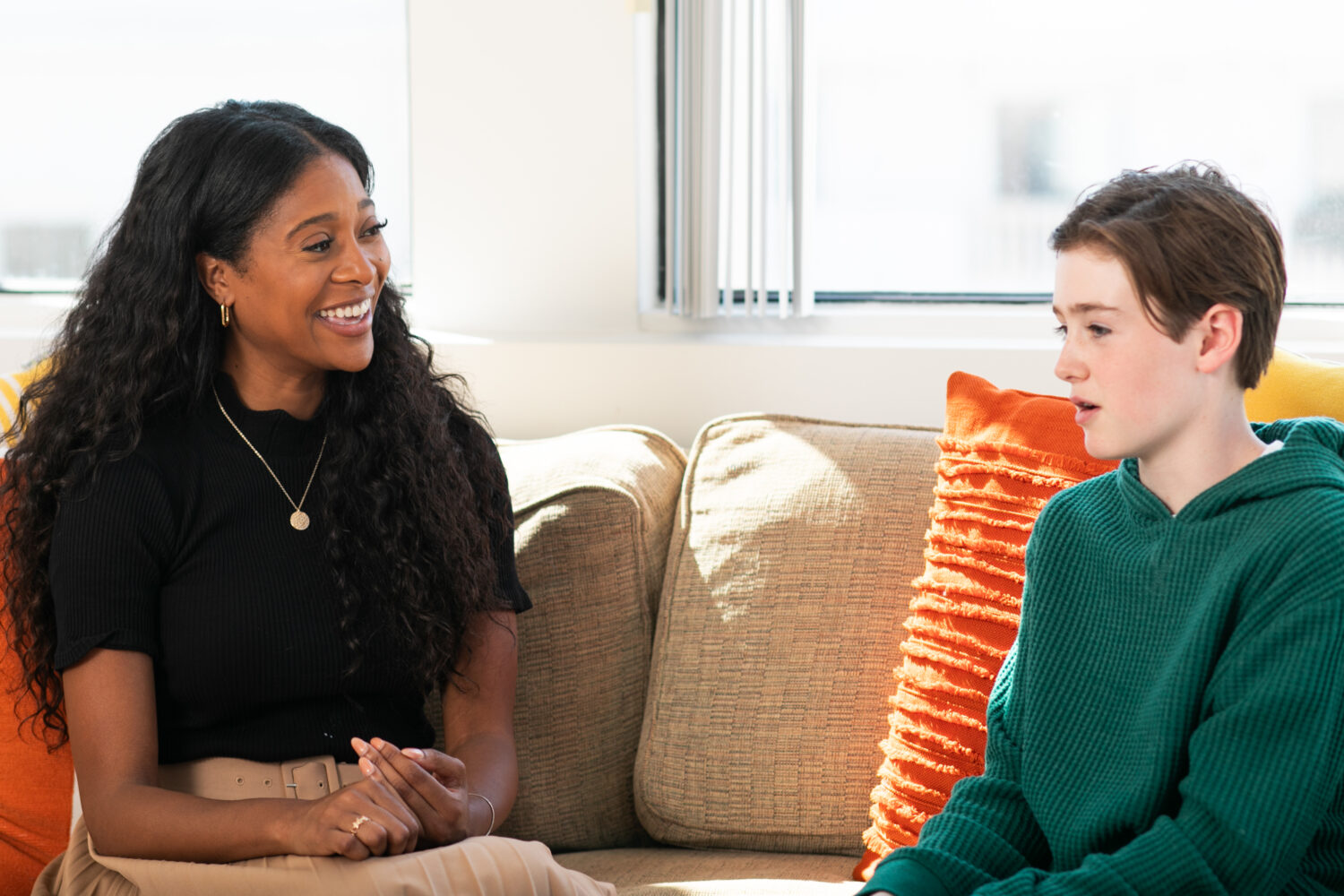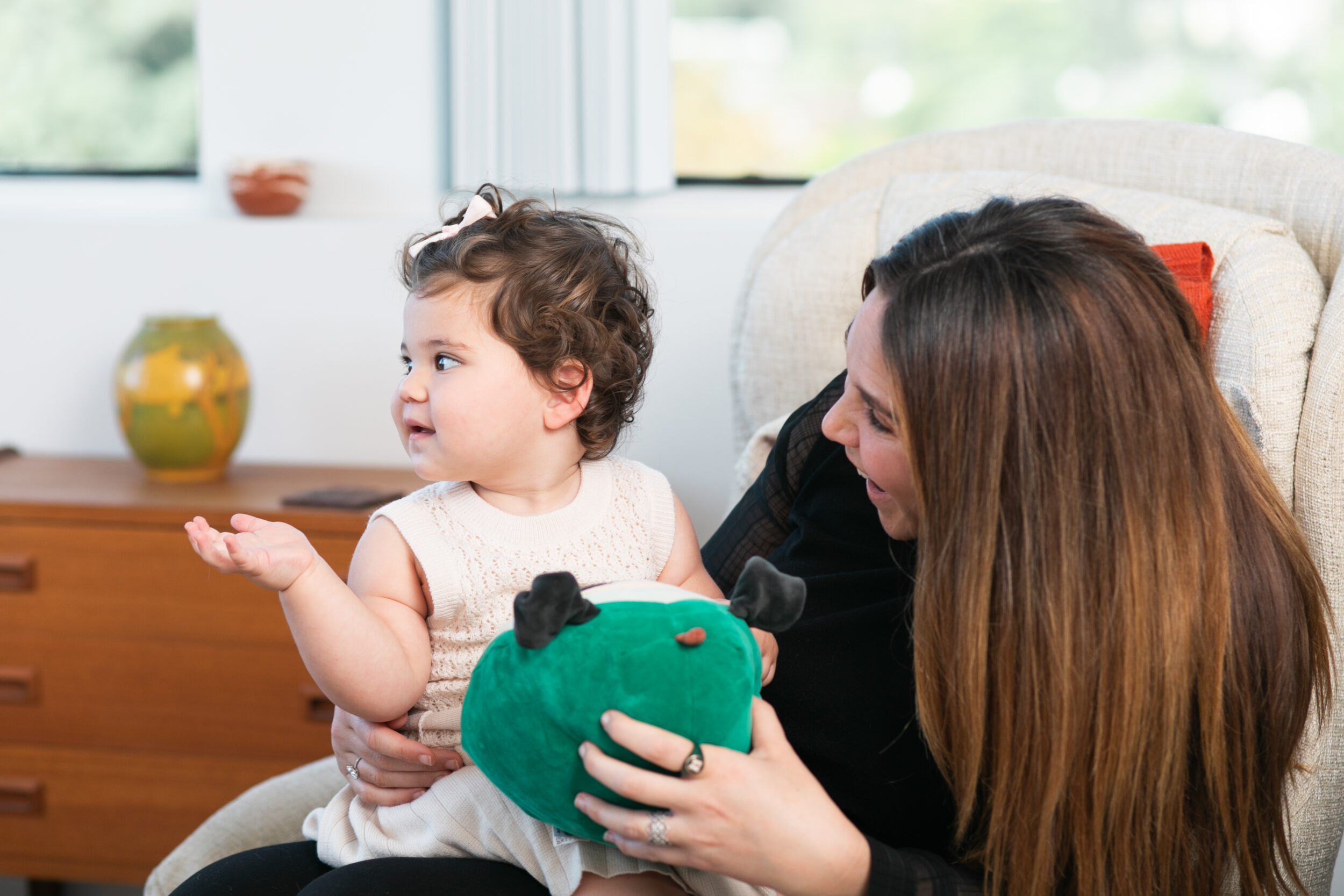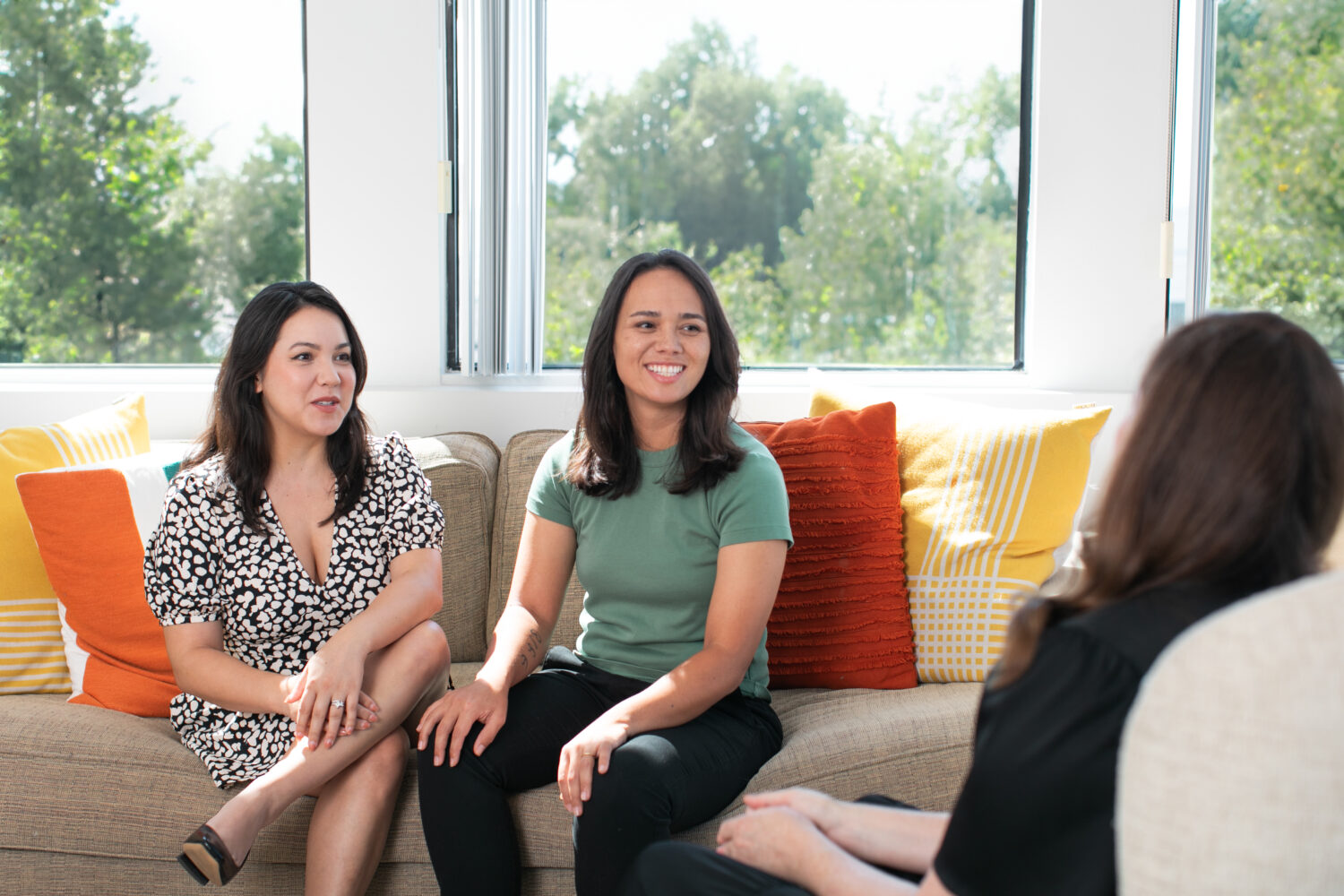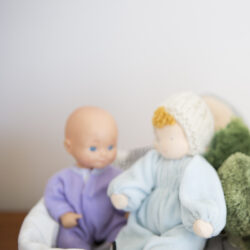North Star Families is known for the quality of our work with the whole family. We work with children and teens of all ages, some who are experiencing loss, depression or anxiety due to changes in family life, struggles with peers, social media and technology related stressors, or challenges with academic performance. Many of the children and teens in our practice are neurodivergent, and we believe that neuro-affirming therapy, coupled with unconditional acceptance, is essential to the development of life-long tools, including self-advocacy and self-regulation. We believe that parents are an integral part of treatment and we provide a variety of education and advocacy support services for parents. Some of our evidence-based interventions include DIR/Floortime, Trauma-Informed CBT and EMDR, Child-Parent Psychotherapy, Parent Child Interaction Therapy and the Reflective Parenting Program.
Grounded in attachment science, our team offers trauma-informed therapy which integrates psychodynamic theory, neuroscience and somatic approaches, focusing on emotional regulation. These approaches include Emotionally Focused Therapy for Couples (EFT), EMDR, psychodynamic psychotherapy and Mentalization Based Therapy. We also offer specialized CBT approaches for OCD.
Our North Star Community offers parents workshops and seminars on everything from Digital Safety, support and advocacy for parents of neurodivergent children, what to know about drugs in the teen years.
Our parent and baby/toddler groups, facilitated at homes across the city, focus on connection and emotional regulation through storytelling, music and sensory materials.
We also offer therapeutic support at home and at school. Our wonderful therapeutic aide, Zelma Studebaker, has years of experience supporting parents and children.
A higher parental reflective capacity has been demonstrated to be a significant protective factor against the intergenerational transmission of trauma. It is also crucial in the development of secure parent-child relationships.
A secure attachment with a parent or caregiver provides the best possible foundation for healthy physical, emotional, intellectual, and social development. A securely attached child is curious and outgoing, able to freely play and explore, and also able to ask for help when they need it. They demonstrate increased resilience in the face of stress and difficulty.
As an example, a child may start to seem moody or defiant. Maybe they aren’t listening at school or at home, or both. A reflective approach is to question what does this tell us about how the child is feeling? Their home life, school life, sense of not fitting in? Wondering with curiosity about children’s experiences and how they relate to behavior is what makes a reflective parent.

‘Enter into children’s play, and you will find the place where their hearts, minds, and souls meet’ – Virginia Axline
Deciding to bring a child or adolescent to therapy can be a very vulnerable experience. Parents often feel stressed, ashamed, exhausted and fed up when they reach out to us. We absolutely understand how hard parenting can be at the best of times, and if there are family challenges due to different temperaments, different neurotypes, or differences in parenting styles that create conflict it can make the parenting experience almost unmanageable.
With our younger children, we often start with a parent in sessions, as a way to help children feel safe and as a way to spend special, slowed down time with their parent. Young children’s work is play, and our therapy rooms are set up to provide play materials that can be used creatively and symbolically to work through challenging feelings and experiences.
We are trauma-informed, and are trained to identify play themes and use play-based skills to work through more complex experiences. For both our children and our teens, we provide tools to support building awareness of the connections between feelings and behavior, educate about the brain-body connection, and primarily, help our children learn to regulate their feelings and their bodies.




At North Star, the guiding force in every action and decision we make are our core values. What sets our group practice apart are our values and our expertise.
Dealing with feelings like depression and anxiety on our own can be difficult. Many of our thoughts and feelings get ignored and pushed away, but they can lead to repetitive, negative patterns in our work and family lives.
Working with a skilled therapist gives you the support and encouragement to explore and heal those stuck places. The more practiced and capable you are at reflecting on thought and interactions, the better able you are to transform actions and improve relationships.
Importantly, growth and healing through reflective capacity can be occur in ANYONE willing to reflect on their experiences.




Our North Star is the guiding force in every action and decision we make and we articulate these principles in our core values. What sets our group practice apart are our values, along with our expertise.
For us, our relationship with parents is primary. One of the most important pieces of information to come from developmental research over the last forty years is that a major protective factor of childhood mental health, even for those impacted by loss or trauma, is parents willingness to reflect on their own feelings, and their child’s feelings, particularly feelings of distress. This is because feelings of distress – anger, shame, guilt- are more likely to make a child and a parent reactive. If we can slow down our reactions to our child’s distress, it is more likely to create a stronger bond over the life span.
Our goal is to help parents, no matter what age their child is, make sense of their child’s feelings and behavior from a developmentally informed, reflective lens. We know that if children feel like their parents are trying to understand their experience it makes a positive impact on the relationship.
Also, no parent is perfect and no relationship is without misunderstandings and conflict. In fact, repairing ruptures creates incredible connection because true repair involves understanding and reflecting the other person’s experience.
We also believe in the power of parent community, and offer parent groups, seminars on important topics by experts within and outside of out community, and also parent and baby/toddler groups to offer connection to the youngest of our community.


